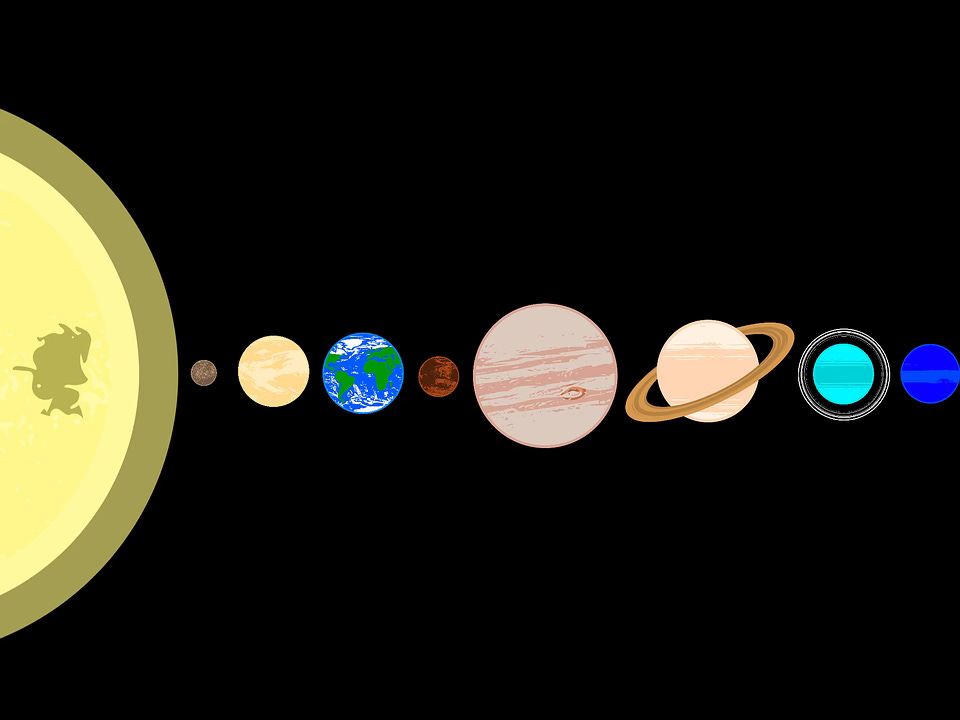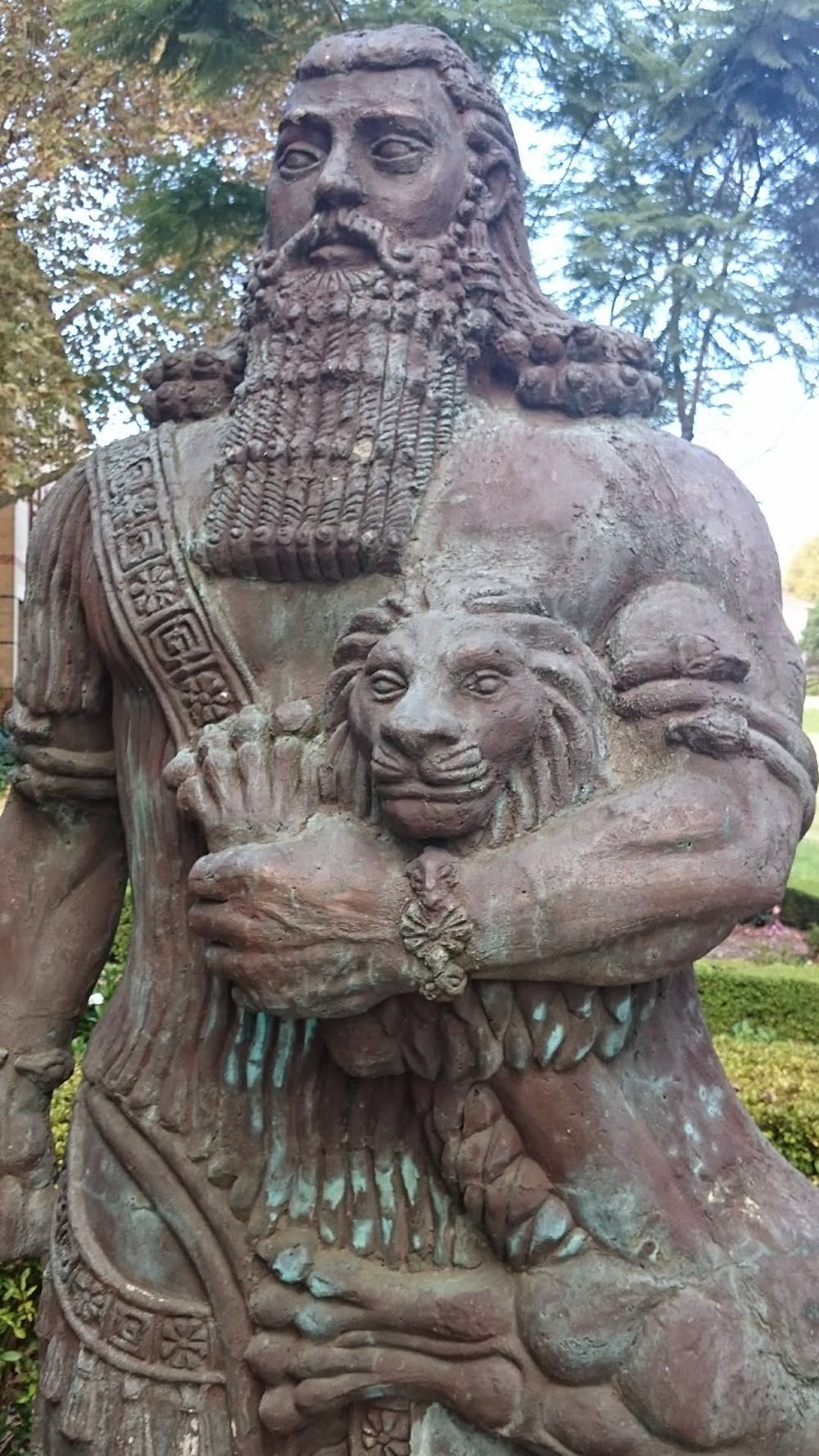You can listen to this week’s edition of the Sacramental Substack! Please share your thoughts. I hope you enjoy!
What if you could meet gravity? Or shake hands with the tides? What would you say to the second law of thermodynamics if she knocked on your front door? How would you respond to a phone call from the sunrise?
We’ve grown old and cynical. We live in a disenchanted universe. A couple world wars and several centuries of capitalistic self-interest are enough to turn any people skeptical at the sight of their neighbors. It’s enough to make anyone lose their idealism.
Ancients lived when the earth was quite a bit younger. Some cultures today still preserve their sense of awe at the simple, everyday miracles of crops harvested, children playing, communal song and dance. But we lost our youth long ago. We’re tired and grizzled as a people, unimpressed with whatever doesn’t meet the bottom line.
I think that’s one reason Christianity doesn’t sound like good news to many people: we aren’t sure we believe there’s any good news out there that doesn’t somehow put us in a transactional relationship with someone trying to get something from us. Sartre’s famous assertion that “hell is other people,” has the ring of truth to many of us in our post-social society.
But how would you respond if you were embraced by the wind? What sort of music would be most appropriate in a dance with photosynthesis? What would it taste like to drink a bottle of starlight?
As broken as human society is, our world is still full of beauty and wonder. And that wondrous beauty is made what it is through these and a thousand other natural principles and processes, some of which we understand, others which we don’t. Our ancient ancestors often personified these natural principles and worshiped them. There were gods of wind and rain and harvest and fertility. People would sacrifice in hopes of gaining access to them in a deeper way. They wanted to commune with the wondrous beauty they saw in nature and receive the blessing of creation’s abundant bounty.
What would it taste like to drink a bottle of starlight?
more religious than we think
Our temptation as modern people is to hear of the religious ideas and practices of an earlier era and look down on them. Why sacrifice to a statue in a temple or pray to the moon?
But before we write these things off, I think it’s important to remember just how religious we are in our culture. Many people feel it only right and good to stand when they hear the Star Spangled Banner, remove their hats, and place their hand over their hearts. I can’t walk more than a couple blocks in your typical Bay Area neighborhood without seeing people’s statement’s of faith in windows or on front lawns:
These might not be perceived as overtly religious ideas or actions, whether you agree with them or not. But reverence in the presence of a symbol would look religious to an ancient person. Every Sunday at my church, we reaffirm what “we believe.” We’re far more religious a people than we give ourselves credit for.
personifying the unpersonified
All sorts of things and principles were personified in ancient worship; justice and truth and war and romance all had names and faces and priests and temples. But there was one principle, a universal idea, that stood back behind all the others. It was the one thing that held all the universe together and kept the winds blowing, rivers flowing, and crops growing; that gave trees their tree-ness, stars their starry-ness, and brought order, unity, beauty and goodness to all things across the cosmos.
This principle was never personified, never worshiped, for it was too high, too great, too ineffable, too unknowable for humans to put it into words or houses of worship. In ancient China, Laozi called it the Tao. The Jews called it the Law.
The Greeks called it the Logos, or, as it is usually translated, the Word.
So, it would have been a shock to the ancient system to read this in John 1:1-2 “In the beginning was the Word, and the Word was with God, and the Word was God. He was in the beginning with God.”
Of course the Logos was there in the beginning. Of course the Logos was with God. No first century person would have had trouble with that. But what do you mean by “The Word was God?” The ancient listener would have been hooked, intrigued.
John is speaking as if he knows things about the order and beauty of the universe that no one—no religion, philosopher, prophet or priest—has ever claimed to know. The Logos, That which stands behind all that is good and true and beautiful in the world, is not an It. It’s a He: “In him was life, and the life was the light of men. The light shines in the darkness, and the darkness has not overcome it” (John 1:4-5).
the demystified myth
Where ancient people had no trouble personifying the sky or the earth or the rain, they had not personified the Logos. That’s exactly what John is doing. But he’s doing it in a curious way.
He isn’t telling a fanciful tale like the epic of Gilgamesh or some other mythological legend. He starts with what sound like mythological themes, and then descends into the mundane of who saw what, where, when, why, and how: “There was a man sent from God, whose name was John. He came as a witness, to bear witness about the light…” (John 1:6-7).
John sounds way too common and real a name to be made up. To keep with mythology, he should be using names like Enkidu or Uruk or the Bull of Heaven. This sounds like a story my friend told me about someone he saw last week: “Yeah, so John was there. He could tell you all about it.” First you have the exalted mysterious figure of the Logos; then you get John whose cousin Sam lives over on the next block.
gospel wonder
And then the punchline, the glorious, never-before-seen-or-heard-of announcement that would have knocked every listener off their feet: “And the Word became flesh and dwelt among us” (John 1:14).
What??? The Word, the Logos, the ordering principle of all things—the One who bends the rainbow, teaches birds to fly, and keeps the seas from breaking their shores and flooding the world—the Logos became flesh?
You mean he became dirty? Time-bound? You could smell his body odor and see the broccoli he ate at lunch stuck inside his teeth? No way! What would that person even be like if you met him? Might it be like shaking hands with gravity or exchanging a smile with the sunrise?
No! It’s impossible! How could anyone even know they were in the presence of the Logos if they did happen to meet him, somehow, in the flesh???
“[W]e have SEEN his glory, glory as of the only Son from the Father, full of grace and truth… [and] from his fullness we have all received grace upon grace” (v.14, 16).
The ancient listener would have been thunderstruck by these words. Someone saw the Logos?!?! Touched His hands. Heard His voice? Saw His face?
The idea of it was unfathomable, like swallowing a mountain or falling asleep on a bed of laughter. Literally no one had ever had this thought before. The Word became flesh and dwelt among us. The Word became human, tangible, meetable, hugable, knowable. What wonderful news! What a glorious mystery!
The Incarnation of the Lord Jesus Christ was the most enthralling truth that Christians had to offer. It meant, incredibly, that the God of all the universe is not ashamed to get involved in blood and guts and glands and genes.
we need (a re-enchanted) christmas
The first hearers of these things would have scoffed or laughed out loud or stood staring with mouths wide open. It was too beautiful, too wonderful a truth to be received right away at face value.
But that was when the world was much younger, and you and I are far older and more cynical and less willing to allow our imaginations to soar to heaven’s heights.
That’s not only why it’s difficult for people to accept the teaching of Christianity. It’s why Christians in our day find it so difficult to be what we actually are.
That’s why we need the feast of Christmas. We take this time each year to remember the glorious wonder of what it meant for Reality Himself to be wrapped in swaddling clothes and lying in a manger.
Reflecting on these things is meant to break our brains and bring us to our knees in worship.








